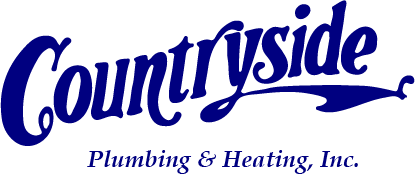Efficiency Standards For HVAC Equipment: Are They Going Up Soon?
The national energy strategy is a hot topic of conversation these days, and home HVAC occupies a reasonable spot in the limelight. Half of the energy used by residential buildings goes to heating and cooling; therefore, the Department of Energy pays careful attention to heating, ventilation and air conditioning efficiency standards. Unfortunately, raising the standards is not as simple as it sounds.
Back in 2011, the DOE made the decision to improve the HVAC efficiency standards by May 2013. The new standards would have raised the current minimum AFUE standard of 78 to 90% efficiency. AFUE means annual fuel utilization efficiency. An AFUE rating of 78 means that the unit wastes 22% of the fuel it uses while a unit with AFUE rating of 90 wastes only 10% of the fuel it uses.
Before the effective date of implementation, various stakeholders challenged the rule, stating that the new efficiency standards for boilers and furnaces would be too costly for many homeowners. Replacing a standard furnace with a condensing furnace with a rating of 90 AFUE is not as straightforward as switching out the dishwasher or refrigerator. A high–efficiency condensing furnace requires a different venting system, which could force the homeowner to abandon or reconstruct the existing venting system to accommodate the new furnace.
Due to a court order, the Department of Energy had to postpone the implementation of the new HVAC efficiency standards, and it could take years until a new ruling goes into effect. As it stands, there have been very few changes to the heating and cooling efficiency requirements since 1992, which is when the Department of Energy set the minimum AFUE rating at 78. In 2007, the Department of Energy proposed raising the minimum AFUE to 80; however, this proposal had little meaning since nearly all modern furnaces already meet that standard.
From the perspective of an energy conservationist, the delay in the implementation of the proposed efficiency standards is regrettable, since keeping the standards low is causing more pollution and waste. On the other hand, one can always make an individual decision to invest in high–efficiency HVAC systems to enjoy greater comfort, energy savings, and lower carbon footprint.
Homeowners should call their local HVAC contractors for questions about HVAC efficiency standards and services.

